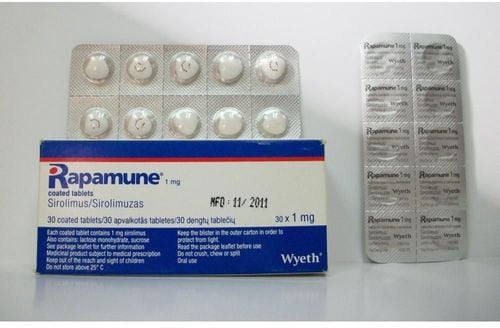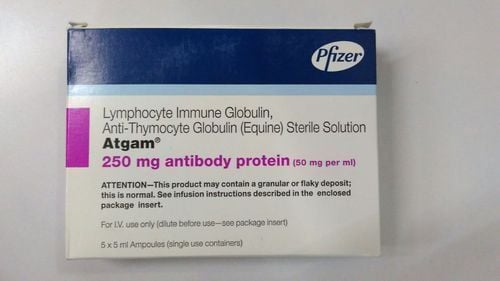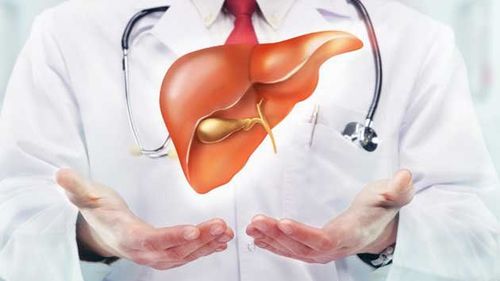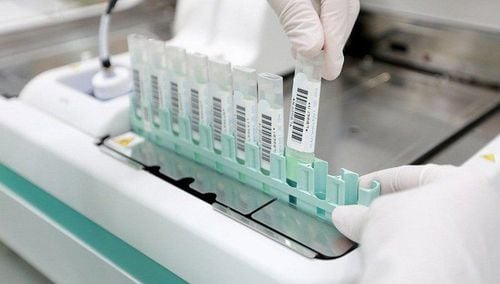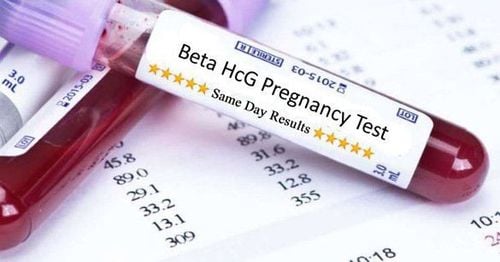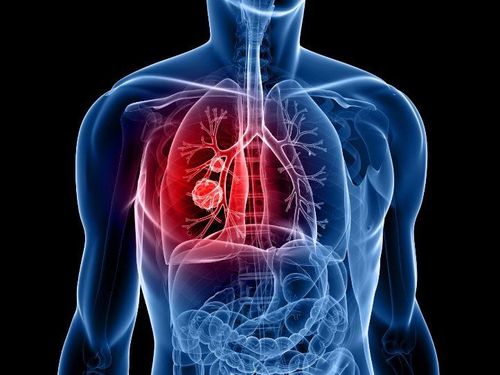This is an automatically translated article.
The article was written by MSc Tran Thi Huyen Trang - Laboratory Doctor, Laboratory Department - Vinmec Times City International General HospitalSquamous cell carcinoma is very dangerous, if not detected early and treated promptly, it can lead to death, but squamous cell carcinoma can still be eliminated with current treatments. if detected early and treated aggressively.
1. Squamous cell - A special type of epithelial cell
The only layer of flat cells in contact with the basement membrane of the epithelium This is a highly permeable epithelium that rapidly allows small molecules to pass through the membrane through filtration or diffusion Found in capillaries, alveoli, platelets, and other tissues where rapid diffusion is required (eg, skin, lungs, lips, mouth, esophagus)
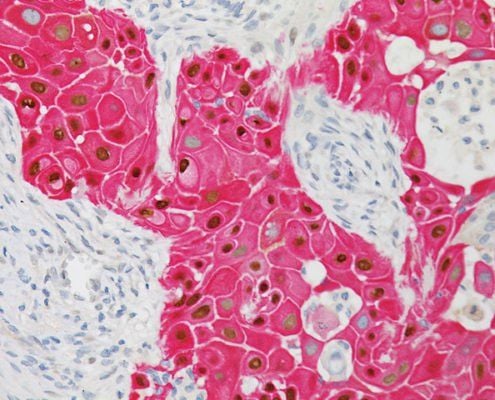
Tế bào vảy là một loại đặc biệt của tế bào biểu mô
2. What is squamous cell carcinoma?
Squamous cell carcinoma is an uncontrolled growth of abnormal cells, arising in the squamous cells. Squamous cells are not only found in the skin, but also in other parts of the body such as the gastrointestinal tract, lips, mouth, vagina, cervix, bladder, etc. may have squamous cell carcinoma.
Squamous cell carcinoma can appear in many different parts of the body, but this type of cancer often has no obvious symptoms and grows slowly, making it difficult for patients to detect. Causes of squamous cell carcinoma are common such as:
DNA errors (cancer cells with DNA errors will disrupt the normal order of the skin, causing cells to proliferate out of control leading to carcinoma) squamous cell) Radiation therapy: treatment of psoriasis with Psoralen plus ultraviolet (PUVA) or X-ray of the head and neck Toxic chemicals such as Arsenic, toxic metals in the environment through contacts Exposure to contaminated food or water Human papillomavirus (HPV) Immunosuppressive drugs: Organ transplant recipients have an 80% increased risk of developing squamous cell carcinoma, especially in heart transplant recipients. due to the need for higher doses of drugs than other types of implants

Cấy ghép cơ quan làm tăng nguy cơ phát triển ung thư biểu mô tế bào vảy
3. SCC test in the diagnosis of squamous cell carcinoma
SCC (squamous cell carcinoma antigen) is a squamous cell carcinoma antigen, secreted by squamous cells as a glycoprotein, with a half-life in the blood of about 2.2 hours, belonging to the serine inhibitor group. cysteine proteases.
Plasma SCC concentration is measured in units of ng/mL, for normal people, the SCC concentration index is < 1.5 ng/mL (this range may vary depending on the device and test method). When there are erratic changes in the plasma SCC index, it shows that the patient has signs of squamous cell cancer or other benign diseases.
There are two types of SCC antigens: SCC antigen 1 is the predominant neutral fraction in normal epithelial cells and the acidic SCC antige 2 is the predominant form in cancer patients.
Elevated serum SCC antigen levels at the time of diagnosis suggest an increased risk of cancer recurrence, which is independent of tumor diameter, extent or presence of lymph node metastases. In the postoperative follow-up of cervical cancer patients, the SCC test has been shown to detect recurrence early, monitor response to radiation therapy, and help assess the effectiveness of chemotherapy.
Serum SCC antigen test is a sensitive, specific, effective and cost-effective tool for monitoring during and after treatment.
Vinmec International General Hospital is one of the hospitals that not only ensures professional quality with a team of leading medical doctors, modern equipment and technology, but also stands out for its examination and consultation services. comprehensive and professional medical consultation and treatment; civilized, polite, safe and sterile medical examination and treatment space. Customers when choosing to perform tests here can be completely assured of the accuracy of test results.
Please dial HOTLINE for more information or register for an appointment HERE. Download MyVinmec app to make appointments faster and to manage your bookings easily.




